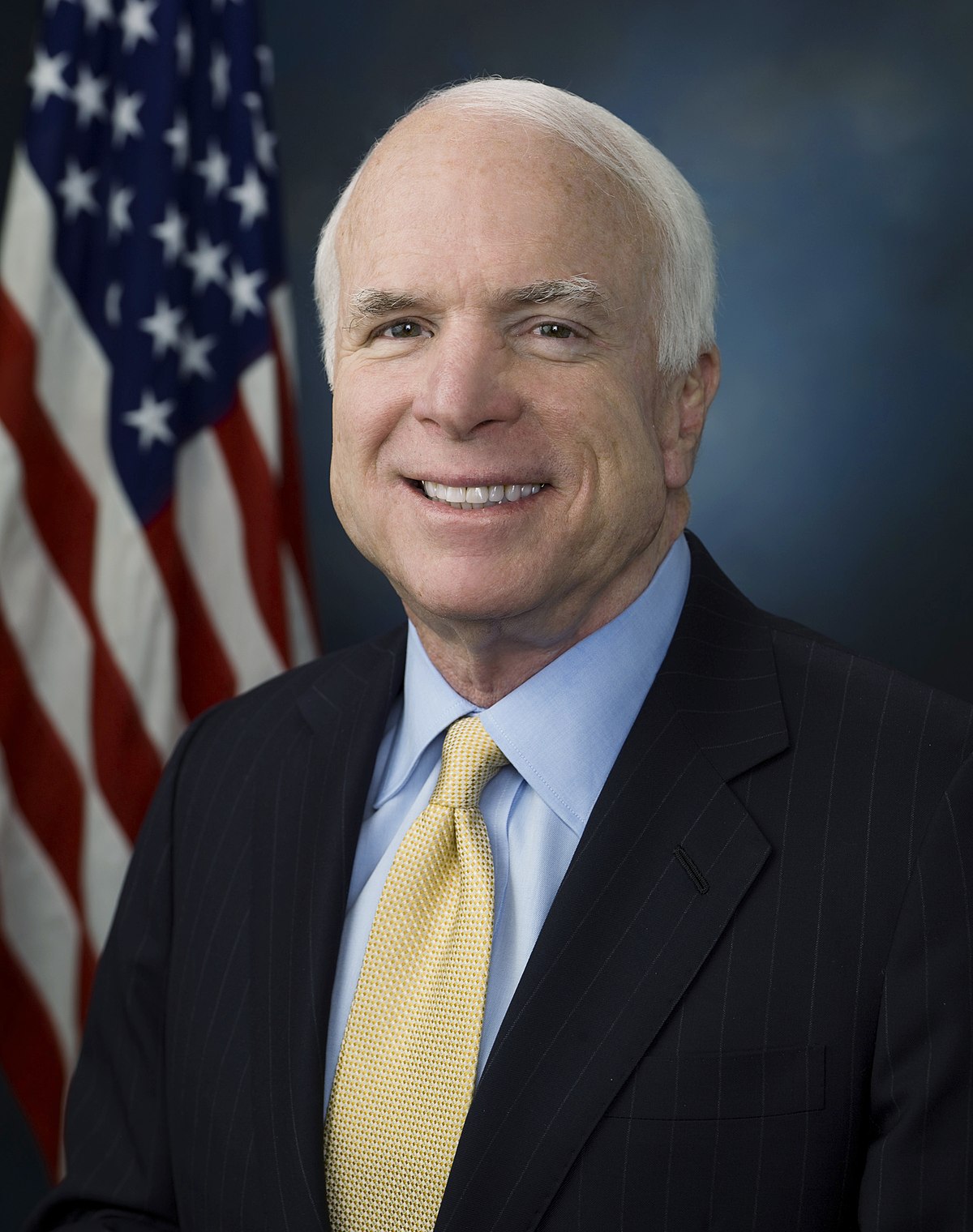
Title: A Crisis in American Science: Members of US National Academies Issue a Dire Warning
In a historic gesture, nearly a third of the members of the US National Academies — a renowned, non-partisan non-profit that has advised the US government on scientific and technological issues since 1863 — have united to deliver a serious alert regarding the condition of America’s research environment. On March 31st, around 1900 of the organization’s more than 6000 members endorsed an open letter to the American public titled “A Call to Action for American Science,” articulating deep concern over what they label as an escalating threat to the nation’s scientific framework.
This public declaration is particularly noteworthy as it departs from the Academies’ established tradition of political impartiality. The rationale? The signatories, including Nobel laureates Frances Arnold, Carolyn Bertozzi, Jennifer Doudna, and Roald Hoffmann, contend that the existing political climate has engendered policies so harmful to scientific advancement that remaining silent is no longer viable.
A Warning Grounded in Troubling Trends
The letter explicitly condemns the actions of the Trump administration, bringing attention to the defunding of scientific bodies, termination of university research grants, and administrative pressure on academic institutions. These measures, the signatories contend, have brought about a significant disruption in academic research. Research projects have been stalled, faculty members have been dismissed, and upcoming graduate student cohorts have been eliminated or drastically cut. In some instances, offers to international candidates were revoked post-approval.
One of the primary concerns pertains to the administration’s probes into alleged civil rights violations and antisemitism on college campuses. These investigations have initiated financial penalties against institutions such as Columbia University and Harvard University, with the federal government nullifying or reassessing billions of dollars in federal research funding. For instance, Columbia faced a significant cancellation of $400 million in grants, while Harvard endures a review of $8.7 billion in multiyear commitments. Though universities are acquiescing to demands to avert further financial repercussions — including halting academic collaborations and dismissing faculty — many academics perceive these actions as politically driven censorship and intimidation.
Broader Consequences for Science and Immigration
In addition to funding reductions, the Trump administration has also targeted immigration, particularly for students and researchers involved in scientific endeavors. US Secretary of State Marco Rubio recently reported the cancellation of over 300 student visas aimed at curbing “anti-American” activism on campuses. Alarmingly, scientists like Iranian PhD student Alireza Doroudi and Russian bioinformatician Kseniia Petrova have been apprehended by US immigration authorities without clear justification, raising concerns over due process and academic freedom.
Such policies threaten to erode a talent pool that has historically supported American scientific preeminence. According to the National Foundation for American Policy, immigrants have garnered 40% of all US Nobel prizes in the fields of chemistry, medicine, and physics since 2000. These individuals not only enhance U.S. research productivity but also serve as crucial contributors to a global knowledge economy. As visa restrictions escalate and the prospect of detention persists, many international researchers are reevaluating their futures in the US.
Brain Drain and Global Consequences
The declining research climate appears to be triggering a reversal of the long-established trend of global brain circulation. For years, the United States was the premier destination for scientific talent, but now initiatives in Europe and other regions are specifically crafted to attract disenchanted American researchers.
Nations with robust policies on scientific investment and a commitment to academic freedom are actively luring top talent from the US. Major research institutions abroad have opened doors for American scientists seeking sanctuary from political overreach. This reverse brain drain raises concerns regarding the long-term competitiveness of the US in the realms of science and innovation.
“Resist Retrenchment”: A Call to Action
The open letter concludes with both a moral and intellectual appeal. It calls upon American universities to maintain scientific integrity and resist pressures that undermine foundational academic values, even if this entails risking funding or political backlash. The 1900 signatories caution that compromising science adversely affects not just the research community but society as a whole, particularly when it leads to the loss of research with life-saving potential — such as medical breakthroughs, climate solutions, and technological advancements.
Their message is unequivocal: The politicization of science, censorship of academic institutions, and marginalization of immigrants jeopardize the very foundation of America’s global scientific leadership. If these trends proceed unchecked, the US risks losing the innovative advantage that has historically fueled its economic prosperity and international sway.
As one of the letter’s authors remarks, “We face a real danger in this moment.” The time to take action, they assert, is now — before irreparable harm is inflicted on one of the country’s most formidable assets: its scientific enterprise.
Related Reading:
– Open Letter from National Academies Members: https://docs.google.com/document/d/13gmMJOMsoNKC4U-A8rhJrzu_xhgS51PEfNMPG9Q_cmE
– Columbia Funding Rescinded